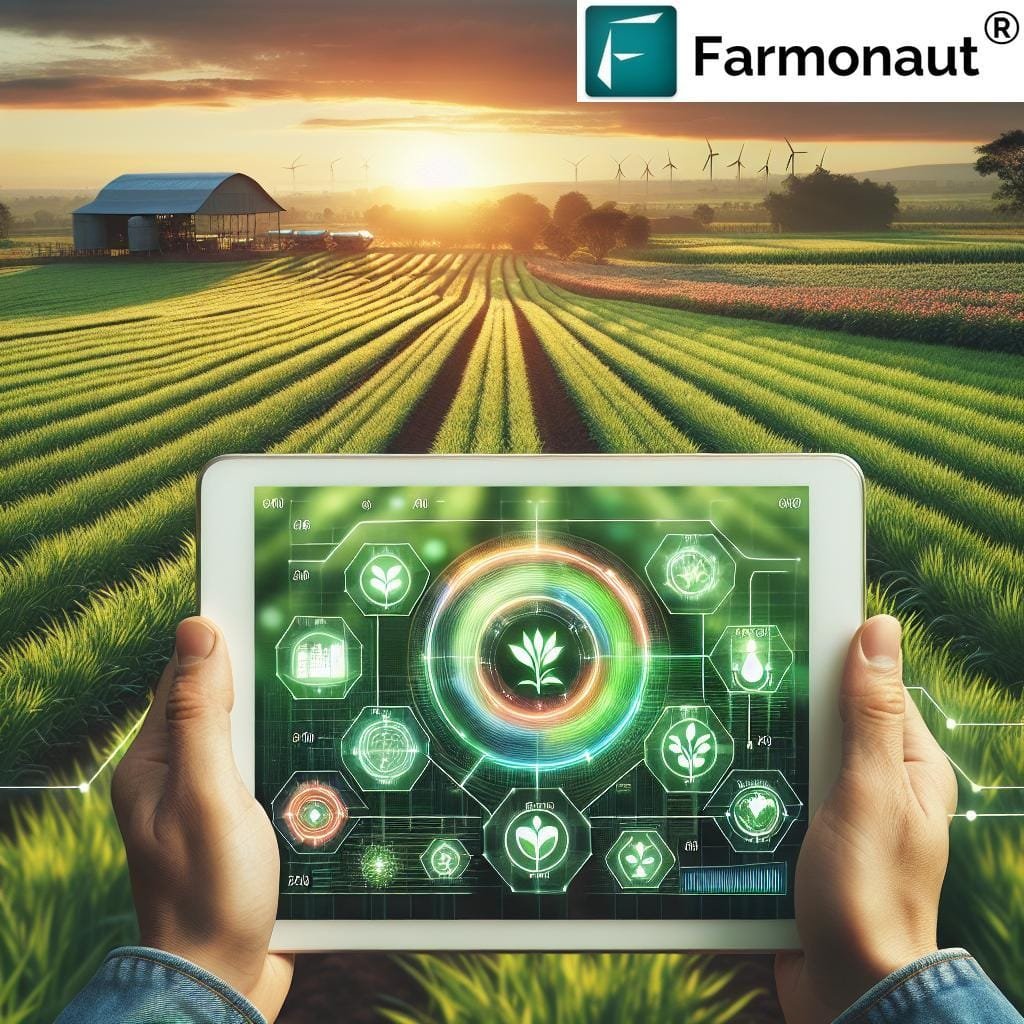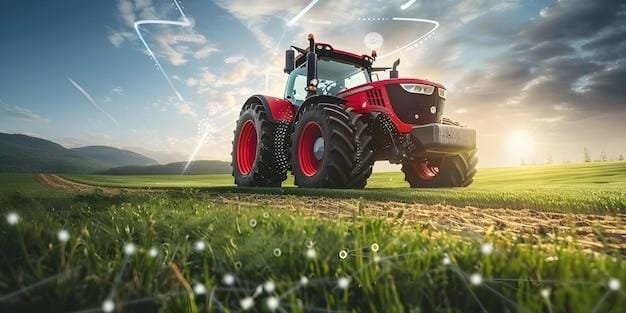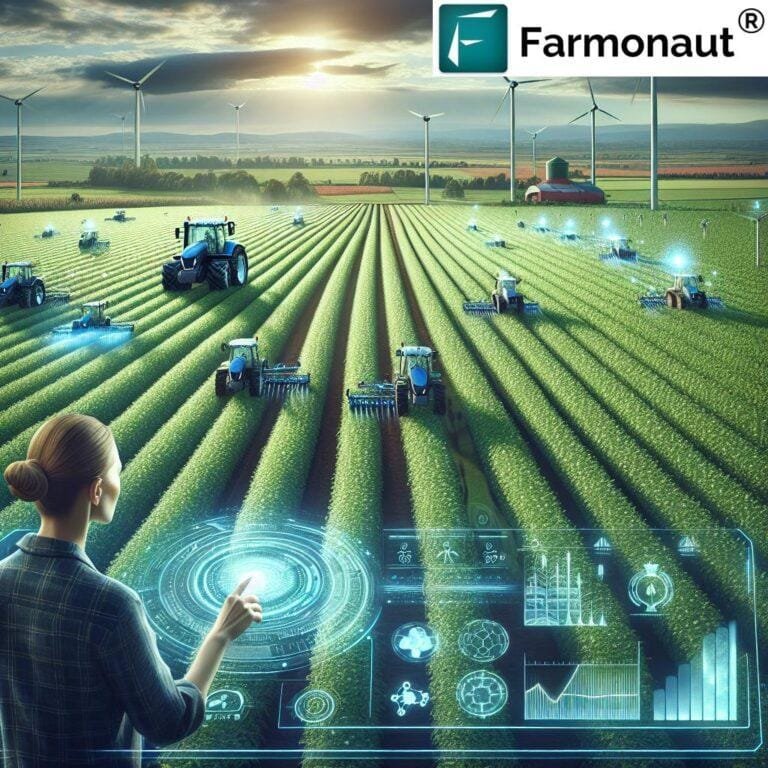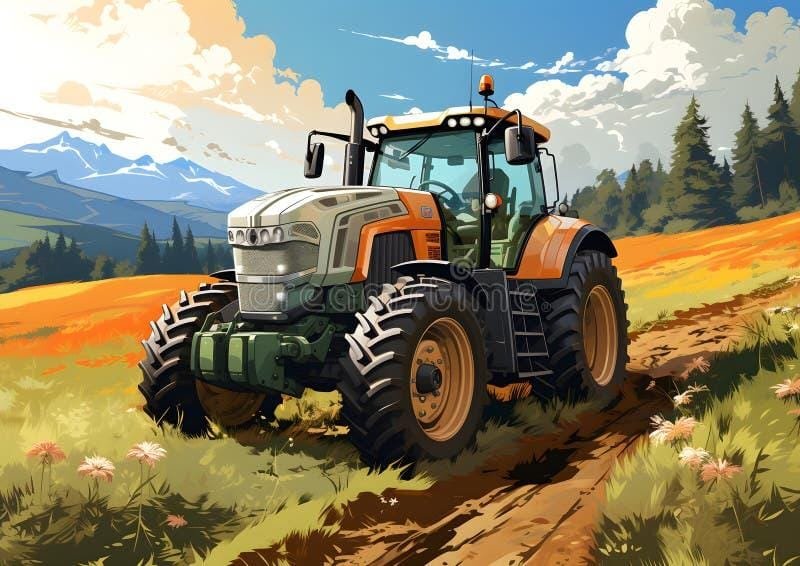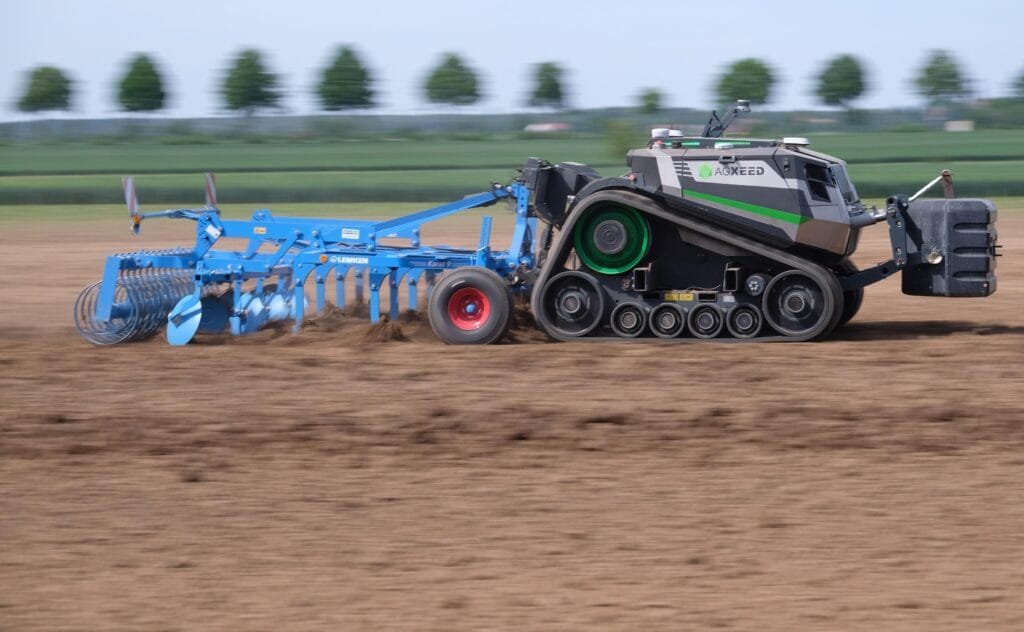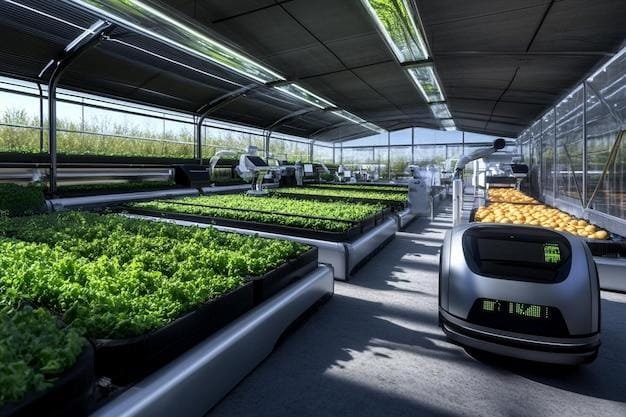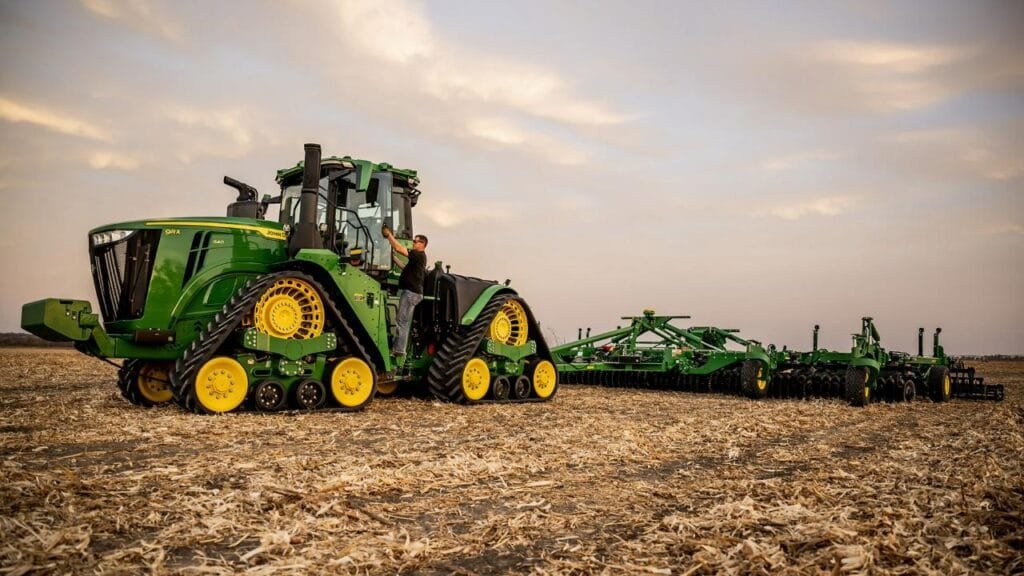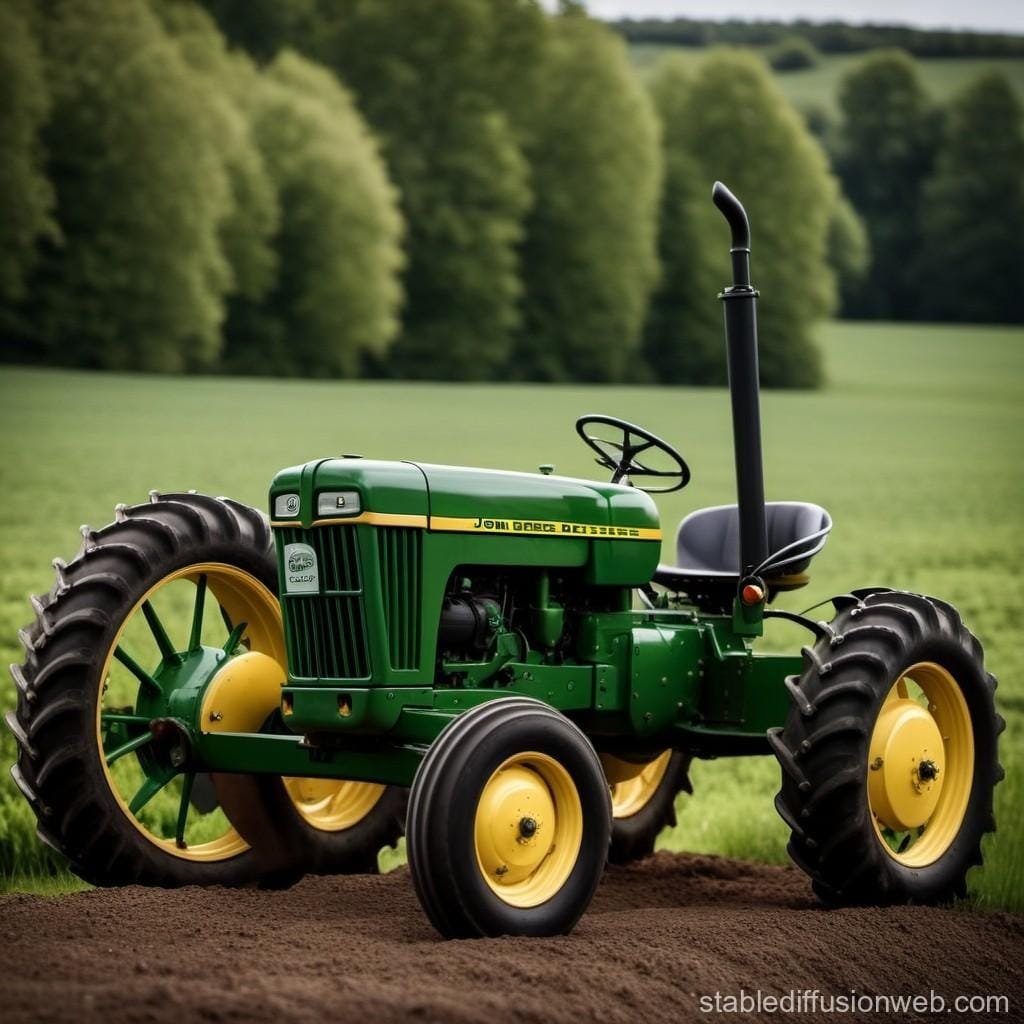Revolutionizing Agriculture: GPS-Guided Heavy Equipment and the New Face of Farming
In fields stretching horizon to horizon, steel behemoths move along invisible rails etched by satellites moving silently above. Today’s cutting-edge GPS-guided heavy equipment performs tasks that-just a few decades back-would’ve been relegated to the realm of science fiction or perhaps a Van Gogh fever dream. The swift decline of purely manual, intuition-based farming has made way for an era in which sub-inch accuracy and algorithmic steering are routine elements in the agricultural lexicon.
Precision, once considered just a virtue in seed placement or chemical application, now forms the backbone of field operations thanks to evolving guidance frameworks. GPS-infused auto-steering systems have nudged machinery toward centimeter-level navigation; patterns no longer meander but instead follow laser-straight trajectories across challenging terrain. With each pass through wheat or sugar beet rows, overlaps shrink and efficiency grows-fuel consumption slashed by as much as 15%, while total field efficiency can climb 10-15% over what was thought possible with analog methods. Oddly enough though, some farmers report missing factors such as intuition-not easily quantified-remains crucial certain seasons.
Among the more intriguing innovations: variable rate technology (VRT). This suite empowers seeders and sprayers to shift output rates dynamically across each micro-zone of a plot. Soil fertility might differ dramatically within fifty feet-a reality most obvious after unforeseen summer rain pooling along low ridges then evaporating quickly beneath windrows-and modern equipment responds accordingly. Rather than blanket coverage with fertilizer that leaves portions saturated but others unchanged, VRT harnesses detailed yield maps constructed from historical harvest data coupled with real-time sensor feeds. In one motion it transforms crude broadcast into targeted delivery-for seeds or nutrients both-a move reminiscent not so much of industrial mass production as bespoke tailoring on an enormous scale.
When walking alongside planters humming under precise auto-navigation guidance before sundown illuminates chaff drifting over them: there’s something uncanny about their uniformity contrasted against ancient fields shaped by jagged toolmarks left from previous generations’ less coerced paths through clay. Seeders empowered by mechanized arms employ GPS not just for straight lines but also to orchestrate complex shut-off functionalities; when moving into zones already seeded (according to satellite records updated nearly instantaneously), sowers lift out from the soil automatically without operator direction. Less wasted material means cost reduction-and that makes accountants cheer just about every season except perhaps during surplus years when inputs bottom out unexpectedly.
Sprayer guidance deserves unique mention because here precision translates directly into public health stakes as well as profit margins. Auto-guided rigs skirt pre-mapped field boundaries with near-artistic patience-navigating precisely upwind from orchards where pollinators trundle among blossoms later harvested for local honey trades (though oddly these areas sometimes require manual override after erratic rainfall). Overapplication fades since individual boom sections now correspond closely not only to loaded mapping files but also active environmental feedback loops measuring humidity drift right at nozzle tips.
It would be easy now-even tempting-to fold irrigation efficiency neatly inside this digital tapestry too swiftly for comfort; water management is yet another crucial aspect being reshaped at its very foundation by sensor-driven pipes crisscrossing tessellated subplot borders underground. Drip irrigation used alongside smart weather-responsive triggers curbs water usage up to approximately 30% lower than legacy open-channel approaches-a staggering advance if repeated outward across arid regions facing ongoing drought concerns or shifting groundwater tables nobody anticipated half-a-century prior.
From another vantage point altogether-for beginners new even still-the democratization arrives via modular entry systems offering wireless connection among machines and platforms that previously demanded thick operator manuals crusted with spilled diesel fuel stains. Whether opting for RTK (Real-Time Kinematic) correction feeds beefing up accuracy levels below two centimeters or sticking instead with more basic PPP signals supporting “good enough” margin-of-error bands around tight endrows-they all deliver unexpected flexibility without always telegraphing which component change will yield optimal returns year-on-year.
Meanwhile autonomous tractors enabled through satellite communications relieve farm operators from dusk-to-dawn labor cycles too often romanticized in popular mythologies about rural resilience shaped entirely alone beneath prairie moonscapes-not quite true anymore anyway. When one considers how far giant combines come compared even against last decade’s top-tier models-it seems inevitable further breakthroughs will alter what gets called “standard practice” quicker than folklore adapts its own heroes’ stories.
There are those who argue technology strips novelty away-from patchwork field patterns noticed best only when viewed standing atop silo roofs sharpened yellow under late July sun-but ignoring global food demand growth pulls attention elsewhere before nostalgia sets firm roots down under spent stalks nobody bothers gleaning twice. Occasionally these transitions happen unevenly across continents; adoption rates fluctuate due chiefly on currency valuation swings rather than wanton disregard for innovation itself-which is probably why some still favor older iron hulks beside gleaming new units network-synced back at main farm hubs via proprietary Cloud channels relaying last week’s rainfall anomalies during odd hours generally reserved only for coffee breaks shared among neighbors swapping tales older than electronic chart recorders themselves.
To borrow a phrase you won’t find embroidered onto tractor seat covers anytime soon: “It ain’t rocket surgery.” And yet something closer flows daily through miles upon miles plowed high-tech furrow despite persistent weather unpredictability knotted intricately together in global supply chains wound tighter every growing cycle-from fog-shrouded river valleys near Bordeaux all the way east toward steppe grasslands outside Almaty where GPS calibration sometimes means less when herd movements intersect newly planted barley strips mid-season anyway accidentally making composite yields look suspiciously robust come harvest analysis time… though perhaps that’s truly part memorable charm still surviving within hands-on agriculture centuries after first wheelbarrow rolled lopsided down muddy village lanes leading nowhere particular at dusk.

